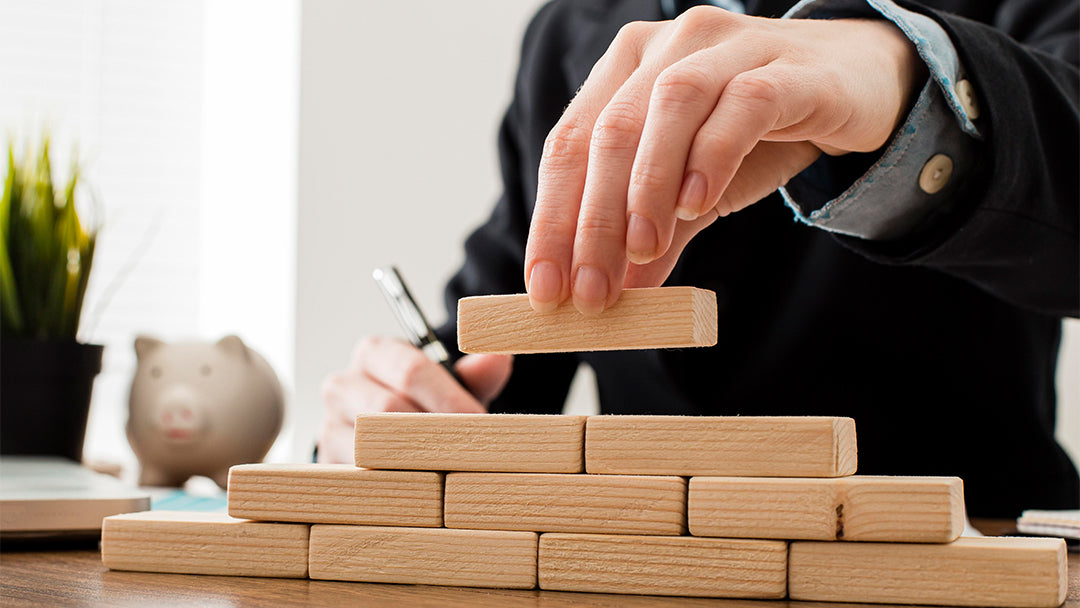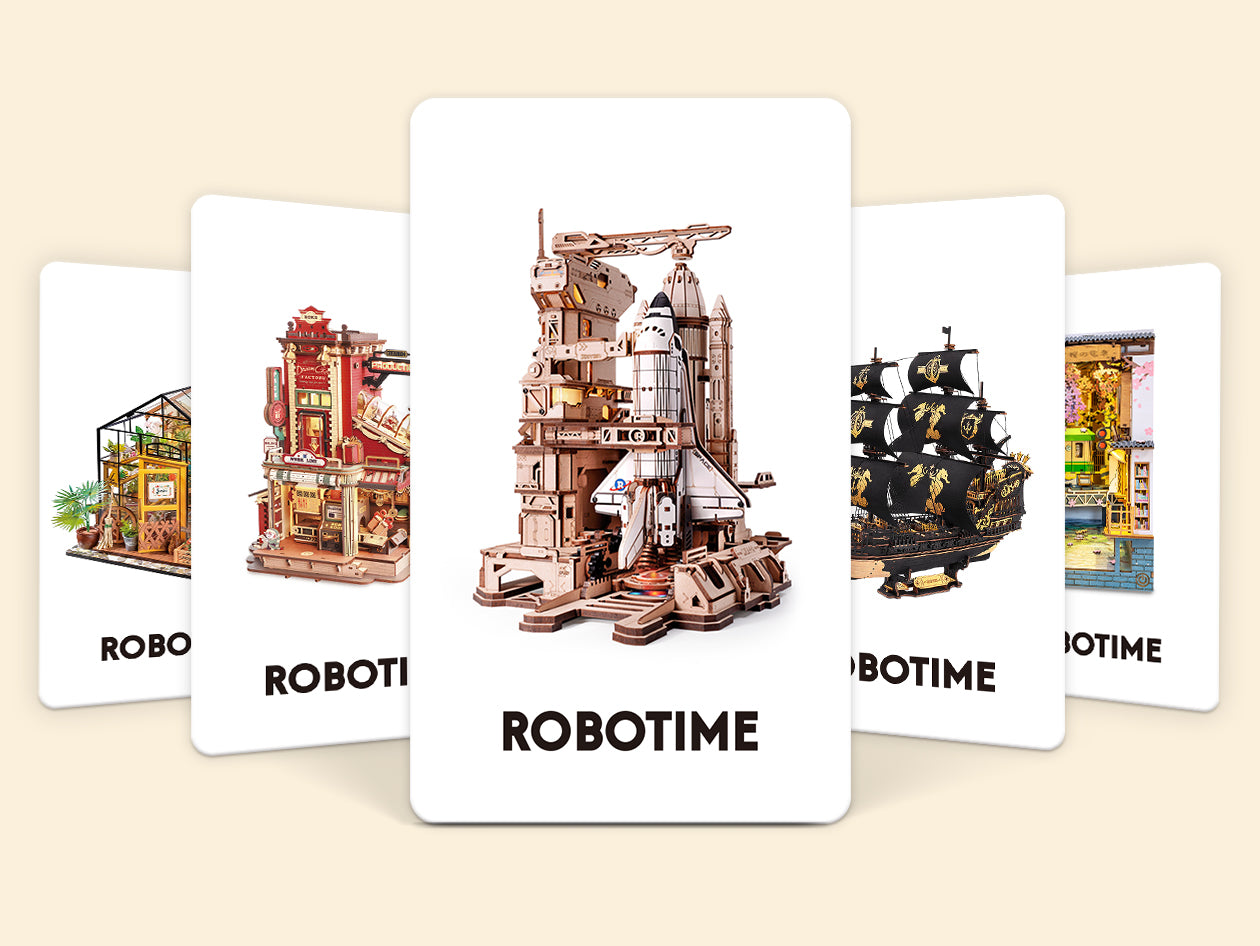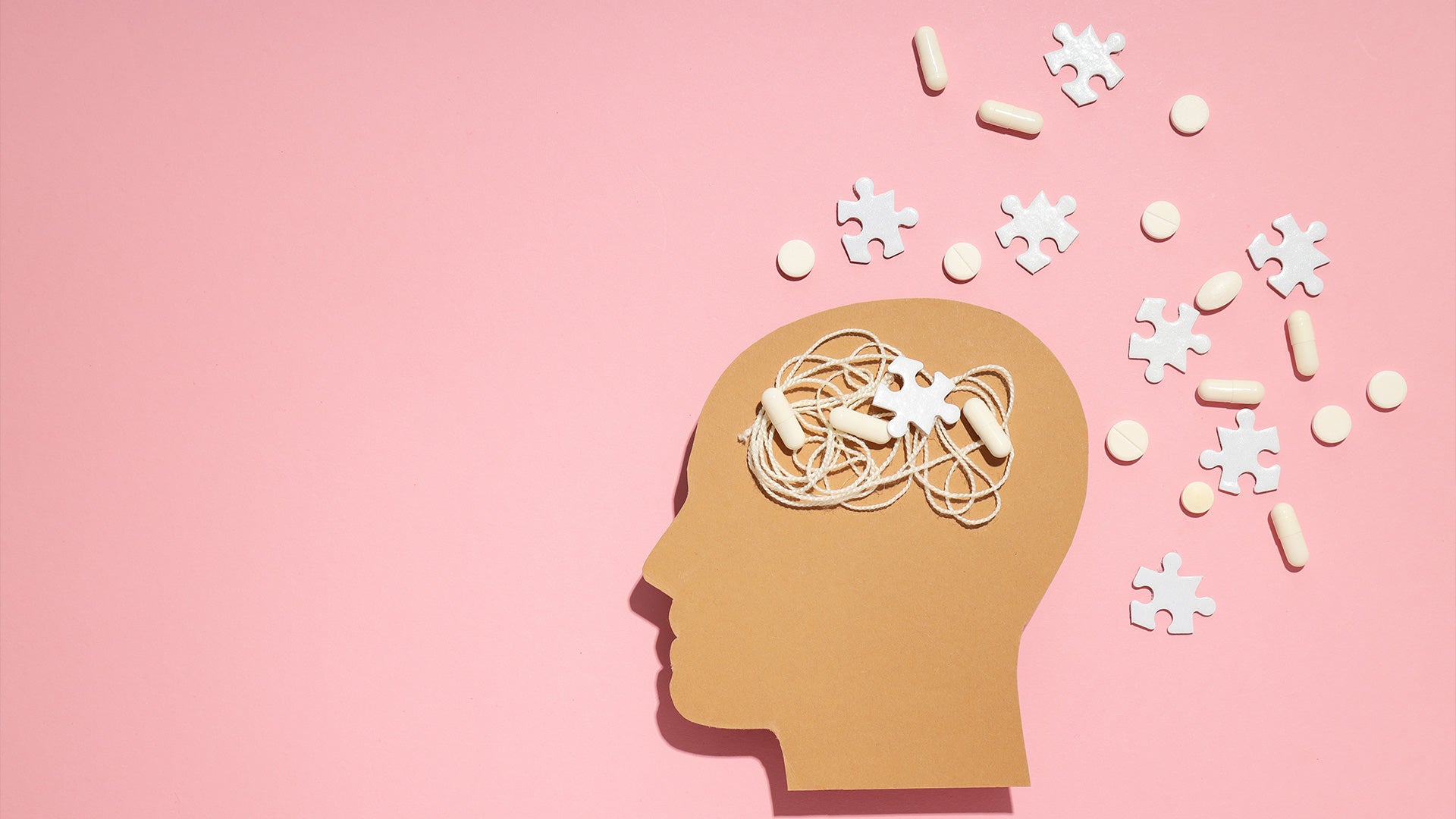
Puzzling is what many call an intellectual hobby and for good reason. Time and time again, scientific studies and research have proven that puzzling is a hobby that can actually make you smarter. Even better, you’ll find puzzles for different age groups so kids and adults alike can develop their cognitive skills.
In this post, we’ll go down into the nitty gritty of cognitive skills, what you can do to boost them, and the role of puzzling in improving cognitive skills.
Understanding Cognitive Skills
To put it simply, cognitive skills are the functions of the brain that are used to think, focus, recall, and process information. The brain often employs different cognitive functions at a time to enhance its performance.
As we age, it's normal to experience gradually decreasing cognitive functions. This can affect our understanding and ability to multitask, retain memories, and communicate. However, there are several things that can prevent more severe cognitive declines like physical exercise, healthy eating habits, and intellectual activities such as puzzling.
Examples of Cognitive Abilities
Here are some examples of the cognitive skills that the brain uses.
1. Memory
Memory is how your brain stores and retrieves. There are four main types of memories according to how long they’re stored.
- Sensory- As the shortest element, this pertains to your brain’s ability to remember sensory information after the trigger has ended.
- Short-Term- This is the cognitive function responsible for holding the information that you are consciously thinking about for the moment. The average capacity is about seven items and a holding time of about 30 seconds.
- Working- Working memory is an executive brain function that allows you to actively hold information so that you can use it for further processing. One example is the ability to hold the last sentence you wrote while composing the next one.
- Long-Term- This refers to the ability to remember past information including bodily functions like muscle memory.
2. Spatial Reasoning
This is a type of reasoning skill wherein the mind can visualize and manipulate 2- and 3-dimensional objects. Aside from the ability to imagine, spatial reasoning allows for the understanding, reasoning, and remembrance of the visual and spatial relations of objects and spaces.
3. Attention
Attention is the ability to filter out stimuli that we do not require. Without this, we’ll be overwhelmed with the vast number of things in our environment that stimulate our senses. Attention can be divided into three types.
- Sustained- This allows the mind to concentrate on the required task for long periods of time. The attention span depends on how well one can control internal and external stimuli. Internal stimuli includes thoughts and memories while external stimuli are those that affect our sensory organs.
- Focused- This is the ability to focus on a single task while disregarding other competing stimuli.
- Divided- When you’re multitasking, you focus on several things at once. Not only do you need to divide your attention, you also need to concentrate on the specifics of each task without forgetting them.
4. Processing Speed
How well your brain processes and understands the information it receives depends on your processing speed. This cognitive skill declines as we age, affecting our ability to use our other cognitive functions as well.
5. Logical Reasoning
This pertains to the ability to arrive at a conclusion by inferring from a given set of facts or data. The brain interprets and verifies the data, makes connections, and draws a conclusion.
What Boosts Cognitive Abilities?
Given that cognitive abilities are crucial in our daily activities, it’s important that we maintain and develop them. It doesn’t matter if you’re young or old, you’ll still benefit from activities that are good for the brain. Here are some cognition-boosting activities that you can try.
Activities for Kids That Promote Cognitive Skills
These activities offer great benefits in developing children's cognitive skills.
- Reading books including picture and illustrated books
- Card games like Go Fish and Old Maid
- Playing outdoors
- Storytelling
- Playing with jigsaw puzzles
- Exploring new environments
- Board games like chess and monopoly
- Playing with toys that encourage imaginative play
- Role-playing games
- Charades
- Dancing
- Painting
- Constructive play
- Crafting with different materials
Activities for Adults That Enhance Cognitive Functions
Adults and the elderly can give these activities a try to stay sharp as they age.
- Assembling 3D wooden puzzles
- Building miniature models
- Reading books
- Sewing and tailoring
- Solving brain teasers like Sudoku and cryptograms
- Physical activities like exercise, swimming, martial arts, and dancing
- Learning a musical instrument
- Meditation
- Learning a new language
- Watching documentaries
There are also plenty of activities that are family-friendly. This allows you to bond with your family while also promoting brain health. Some of the things you can try are hide and seek, cooking together, sports, field trips, playing pretend, puzzling, and crafting.
How Puzzles Boost Cognitive Skills
One of the best ways to boost your cognitive skills is through solving puzzles. Not only are puzzles suitable for all ages, they are also available in various difficulty levels, materials, and themes. But, how is it that puzzles can promote cognitive functions?
- Visual and Spatial Reasoning- When puzzling, you’re required to manipulate the pieces, fit them together, and understand how they form the picture. When done regularly, this improves both your visual and spatial reasoning skills.
- Problem-Solving- Where does this piece fit? What part of the picture requires this? Puzzling encourages this kind of thinking that improves problem-solving skills.
- Critical Thinking- Assembling a puzzle requires analysis of the puzzle pieces, evaluations of where they can possibly fit, and making logical deductions. Is this piece an inner or edge part? Which part of the puzzle has similar colors?
- Memory and Imagination - In solving a puzzle, you need to recall and imagine what the whole picture looks like to get an idea of where the pieces go. This will strengthen your ability to store and retrieve information.
- Attention- Solving puzzles will keep pushing your brain to focus better and for longer periods of time.
Last Words
Overall, solving puzzles is a great hobby to pick up because it can sharpen your cognitive skills while also being soothing, fun, and rewarding. You can even choose from different types of puzzles like word puzzles, Sudoku, jigsaw puzzles, riddles, mechanical puzzles, and our favorite which are 3D wooden puzzles.
To get started on boosting your brain power, check out our array of unique and imaginative 3D wooden puzzles. We have a variety of themes so you’ll surely find something to your liking.
Robotime is a creative lifestyle company dedicated to designing and developing 3D puzzles, toys, and wooden handicrafts. Subscribe to learn more.


















Dejar un comentario
Este sitio está protegido por hCaptcha y se aplican la Política de privacidad de hCaptcha y los Términos del servicio.